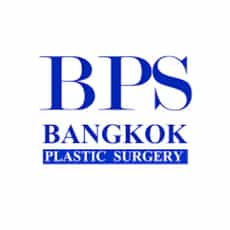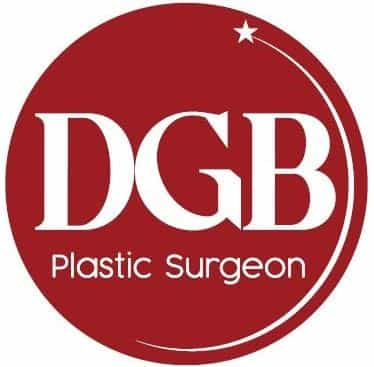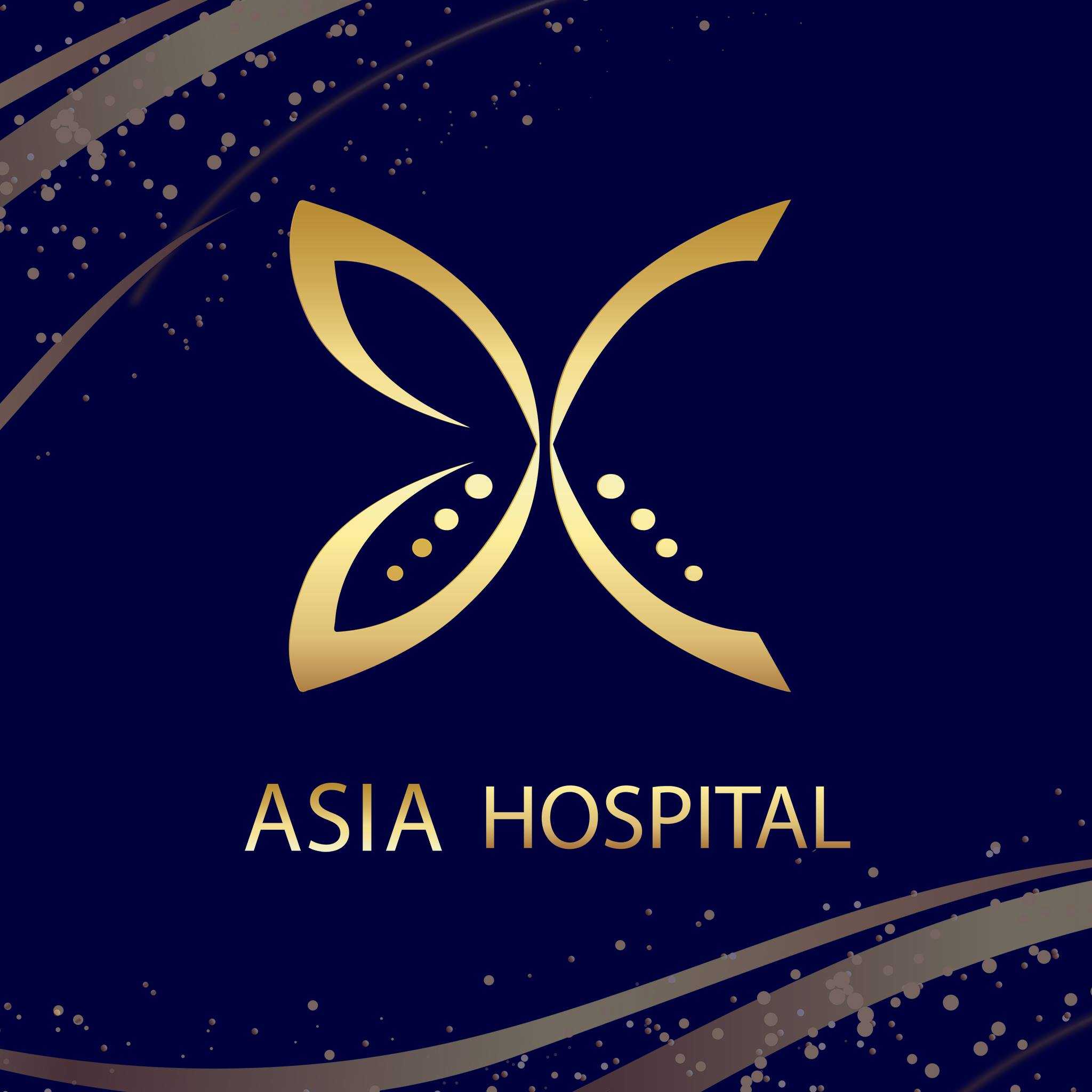Safety Standards for Breast implants in Thailand
.jpg)
Planning for breast augmentation is a big decision, and naturally, safety is your top priority. Many people consider Thailand for cosmetic procedures due to its reputation for skilled surgeons, modern facilities, and often more affordable prices compared to Western countries. But with any medical procedure abroad, questions about safety, standards, and quality of care are essential to ask.
The good news is that Thailand has established itself as a leading destination for medical tourism, attracting patients worldwide for a wide range of treatments, including cosmetic surgery. This means you can absolutely find safe and reputable options for breast implants there.
However, like any major medical decision, it requires careful research, due diligence, and choosing the right medical provider. It's not just about the country, but the specific clinic and surgeon you select that truly determine the safety and success of your procedure.
Is breast augmentation in Thailand safe for international patients?
Thailand has invested significantly in its medical infrastructure, with many hospitals and clinics meeting international standards of care. For international patients, these facilities often offer comprehensive services, including English-speaking staff, assistance with accommodation, and dedicated patient coordinators. The safety largely depends on the patient's choice of provider and their adherence to pre- and post-operative guidelines.
Reputable clinics prioritize patient safety through stringent sterilization protocols, modern surgical equipment, and a focus on patient well-being. They understand the unique needs of medical tourists, including extended recovery periods and communication requirements, making the experience as smooth and safe as possible.
What are the qualifications of plastic surgeons for breast implants in Thailand?
When considering breast implants in Thailand, verifying the surgeon's qualifications is paramount. Look for surgeons who are board-certified by the Royal College of Plastic Surgeons of Thailand. This certification indicates that they have completed rigorous training, passed comprehensive examinations, and meet high professional standards.
Many highly sought-after Thai plastic surgeons also possess international experience, having trained or completed fellowships in Western countries like the U.S., Europe, or Australia. This global exposure often means they are proficient in the latest surgical techniques and adhere to international best practices. Always ask to see a surgeon's credentials, experience with breast augmentation, and before-and-after photos of their previous patients.
How can I verify the accreditation of clinics in Thailand for cosmetic surgery?
Clinic accreditation is a strong indicator of quality and safety. For international patients, the most recognized accreditation is from the Joint Commission International (JCI). JCI is a U.S.-based organization that accredits healthcare organizations worldwide, ensuring they meet rigorous standards for patient care and safety.
Other reputable accreditations or affiliations to look for include:
- Hospital Accreditation (HA) from the Institute of Hospital Quality Improvement & Accreditation (HQIA) of Thailand: While national, it signifies commitment to quality improvement.
- ISO Certifications: Specifically ISO 9001 for quality management systems.
- Affiliations with international medical associations: Such as the International Society of Aesthetic Plastic Surgery (ISAPS) for surgeons.
Always check the clinic's website for their accreditation seals and consider verifying them directly with the accrediting body if you have concerns.
What is the typical cost of breast implants in Thailand?
One of the primary reasons people choose Thailand for breast augmentation is the cost-effectiveness. The price for breast implants in Thailand is often 50-70% less than in countries like the United States, Australia, or the UK, even when using similar quality implants and state-of-the-art facilities.
The total cost typically includes the surgeon's fee, anesthesia, hospital or clinic fees, the cost of the implants themselves, and sometimes post-operative garments and follow-up consultations. Factors influencing the price include:
- Type of implant: Saline vs. silicone, smooth vs. textured, round vs. anatomical.
- Surgeon's reputation and experience: Highly experienced or internationally recognized surgeons may charge more.
- Clinic or hospital prestige: Luxury hospitals with extensive amenities may have higher fees.
- Anesthesia type: General anesthesia is standard but costs are included.
It's crucial to get a detailed quote that covers all aspects of the procedure and any potential hidden costs. Do not let a significantly lower price be the sole factor in your decision; prioritize safety and quality.
What types of breast implants are commonly used in Thailand?
Thai clinics offer a range of breast implant options, similar to those available in Western countries. The most popular choice is typically silicone gel implants, known for providing a very natural look and feel. These come in various shapes (round or anatomical/teardrop) and textures (smooth or textured).
Saline implants, filled with sterile saltwater, are also available, though less commonly chosen than silicone. Surgeons in Thailand often use implants from globally recognized manufacturers such as Mentor, Allergan, or Motiva, ensuring quality and often coming with manufacturer warranties. Your surgeon will discuss the best option for your body type, aesthetic goals, and lifestyle during your consultation.
What are the potential risks and complications of breast implant surgery?
Like any surgical procedure, breast implant surgery carries inherent risks, regardless of where it is performed. While modern techniques and experienced surgeons significantly reduce these risks, it's important to be aware of them. Common complications include:
- Capsular Contracture: Scar tissue forming too tightly around the implant, causing hardening and discomfort.
- Infection: Though rare, it can necessitate implant removal.
- Implant Rupture or Deflation: While modern implants are durable, they can rupture. Silicone ruptures are often silent.
- Changes in Nipple and Breast Sensation: Can be temporary or permanent.
- Hematoma or Seroma: Collection of blood or fluid around the implant.
- Anesthesia Risks: Reactions to anesthesia, though rare, are a possibility with any general anesthetic.
A thorough consultation with your surgeon will cover these risks in detail. Choosing a highly qualified surgeon and following all pre- and post-operative instructions diligently are the best ways to minimize complications.
What does post-operative care for breast implants involve in Thailand?
Effective post-operative care is crucial for a smooth recovery and optimal results. After breast implant surgery in Thailand, you can typically expect to stay overnight in the hospital or clinic for monitoring. You will be prescribed pain medication to manage discomfort, and antibiotics to prevent infection.
Key aspects of post-operative care include:
- Compression Bra: You will be instructed to wear a special surgical or compression bra to support the breasts and reduce swelling.
- Activity Restrictions: Avoiding heavy lifting, strenuous exercise, and raising arms above shoulder height for several weeks.
- Follow-up Appointments: Regular check-ups with your surgeon to monitor healing and address any concerns. For international patients, these might include immediate post-op checks before you travel home.
- Rest and Hydration: Adequate rest and staying hydrated are vital for recovery.
It is highly recommended to plan for an extended stay in Thailand (typically 1-2 weeks) to allow for initial healing and follow-up visits before flying home.
Does medical tourism in Thailand offer good support for complex procedures like joint replacement?
Beyond cosmetic surgery, Thailand is a prominent destination for a wide array of complex medical procedures, including joint replacement surgeries such as knee and hip replacements. These procedures demand highly specialized surgical skills, advanced medical technology, and comprehensive post-operative rehabilitation, all of which are readily available in top Thai hospitals.
Many hospitals in Thailand boast dedicated orthopedic departments with internationally trained surgeons, state-of-the-art operating theaters, and integrated physical therapy units. They offer structured rehabilitation programs tailored for medical tourists, ensuring patients receive continuous care from surgery through recovery. The overall support system, including patient coordinators and translation services, also contributes significantly to the appeal for patients seeking such major interventions abroad.
How do Thai hospitals ensure patient safety and quality of care for international visitors?
Thai hospitals catering to international patients implement a multi-faceted approach to ensure high standards of safety and quality. The cornerstone of this commitment is often obtaining international accreditations, particularly JCI, which requires hospitals to meet stringent benchmarks across all aspects of patient care, from surgical safety checklists to infection control and patient rights.
Furthermore, these hospitals often employ medical staff who have received training internationally and maintain continuous professional development. They invest in cutting-edge medical technology and diagnostic equipment, ensuring accurate diagnoses and effective treatments. Language support, dedicated international patient centers, and clear communication protocols also play a vital role in enhancing the experience and safety for visitors from around the globe.
What should I consider for travel and recovery after surgery in Thailand?
Careful planning for travel and recovery is as important as choosing your surgeon and clinic. After breast implant surgery, you will need time to rest and recover before undertaking long flights. Most surgeons recommend staying in Thailand for at least 7-14 days post-procedure to allow for initial healing and follow-up appointments.
Consider the following:
- Accommodation: Book comfortable accommodation that allows for easy rest and minimizes strenuous activity. Some clinics partner with hotels that offer medical tourist packages.
- Travel Restrictions: Be aware of any restrictions on flying after surgery, especially regarding blood clots. Discuss this with your surgeon.
- Support System: Ideally, travel with a companion or ensure you have local support for the first few days post-surgery.
- Communication: Keep your surgeon's contact information handy and understand how to reach them if any concerns arise during your recovery period in Thailand.
Proper planning ensures a smoother and safer recovery experience before you return home.
Ready to explore your options for breast implants or other medical procedures in Thailand? Visit PlacidWay to connect with accredited clinics and experienced surgeons worldwide, and find solutions tailored to your healthcare needs.


.png)
.png)













Share this listing